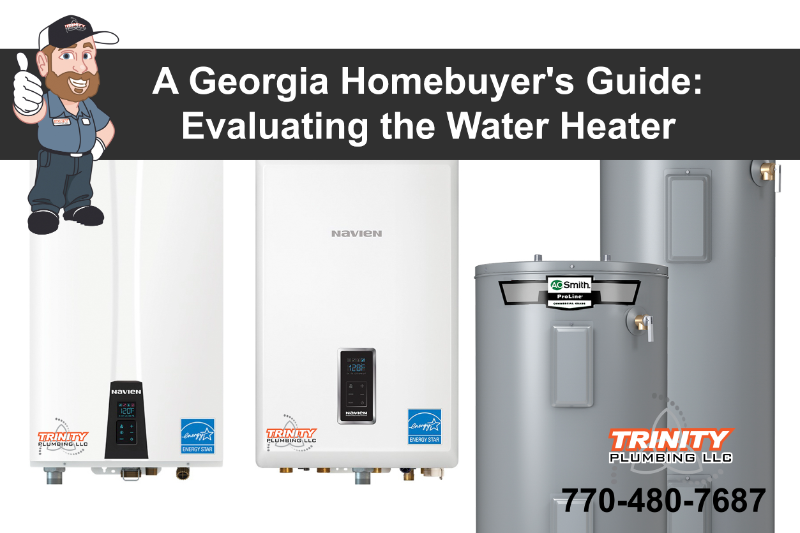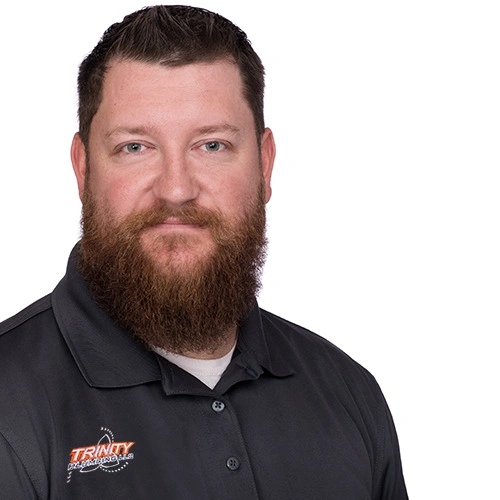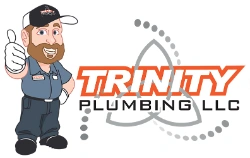When considering purchasing a house, it’s crucial to ensure that your investment doesn’t conceal unforeseen plumbing challenges. To help homebuyers, we’ve written several guides as Tips for Spotting Potential Plumbing Problems. It’s important to perform an initial plumbing check while out house hunting – this can save you from costly repairs and unexpected surprises down the road.
In this article, let’s discuss the water heater. Here are quick tips that will help you evaluate the water heater during your house-hunting journey.

Locate the Water Heater
Start by finding the water heater in the house. Typically, it’s located in the basement, garage, utility room, or a dedicated closet. If the house has multiple floors, there may be more than one water heater.
Inspect for Leaks
Examine the area around the water heater for any signs of water leaks or puddles. A leaking water heater can cause water damage and is a sign of a potential issue.
Check for Rust and Corrosion
Inspect the exterior of the water heater tank for signs of rust or corrosion. Start by visually examining the surface of the water heater tank. Run your fingers gently over it to feel for any rough or uneven areas. If you notice patches of rust or areas that feel rough, this could indicate corrosion on the tank’s exterior. Pay close attention to the base of the tank and the connections to pipes. Rust and corrosion can weaken the water heater tank and lead to leaks. There are many reasons water heaters break down. Remember that while some minor surface rust may not be cause for immediate concern, extensive rust or corrosion can compromise the water heater’s integrity and efficiency.
Examine the Pressure Relief Valve
An important safety feature for your entire home is the pressure relief valve. Check for signs of rust, corrosion, or leakage around this valve. Ensure that it operates correctly by gently lifting the lever to release a small amount of water. The lever should snap back into place when you release it. If it appears compromised, it should be replaced promptly to ensure the water heater operates safely.
Inspect the Water Inlet and Outlet Connections
Examine the water inlet and outlet connections at the top of the tank. Look for any signs of rust or corrosion around these areas. Leaks and corrosion here can lead to water damage and reduced efficiency.
Inspect the Vent and Flue (Gas Heaters)
If your water heater is gas-powered, inspect the vent and flue system. Rust or corrosion on these components can pose safety hazards. Ensure there are no visible issues.
Observe the Temperature Setting
Be sure to check the water heater’s thermostat for the temperature setting. It’s typically set between 120°F and 140°F. A lower setting can save energy, while a higher setting may increase utility costs.
Checking the temperature may provide a glimpse into how well the unit has been maintained and whether it’s been running at a temperature that’s reasonable for most households.
If the water heater’s temperature setting is extremely high, it might signal that the previous homeowner was compensating for an issue with the unit, such as insufficient heating capacity. Knowing this beforehand allows you to consider potential immediate needs or repairs.
Listen for Strange Noises
While standing near the water heater, listen for any unusual sounds, such as popping or crackling. These noises could indicate sediment buildup inside the tank, reducing its efficiency. This is an indicator that regular maintenance may have been ignored.
Check the Water Heater Age
Water heaters typically have a lifespan of about 10-15 years. Knowing the age of the water heater can help you assess whether it’s nearing the end of its expected lifespan, which can be crucial information when considering a home purchase.
Checking the age of a water heater can usually be done by examining the manufacturer’s label or serial number on the unit. Here’s how you can do it:
- Locate the Manufacturer’s Label: Look for a label or nameplate on the water heater. This label is typically located on the side of the tank.
- Find the Serial Number: On the manufacturer’s label, you should see a serial number – it’s usually a combination of numbers and letters.
- Decode the Serial Number: The serial number often contains information about the manufacturing date. However, the format can vary by manufacturer.
Here are some general serial guidelines for deciphering age of water heater:
- Some manufacturers use a specific format where the first four digits represent the month and year of manufacture. For example, if the serial number starts with “0315,” it means the water heater was manufactured in March 2015.
- Other manufacturers may use a letter followed by numbers to indicate the year and month. For instance, “E0518” could mean May 2018.
- If the serial number doesn’t follow a clear pattern, you might need to contact the manufacturer or check their website for decoding instructions.
- Consult the Manufacturer or Label: If you can’t decipher the serial number, check the manufacturer’s website or contact their customer support for assistance. They can often provide information on how to determine the age of their specific water heaters.
Remember that the method for deciphering the manufacturing date may vary depending on the water heater’s brand and model. It’s essential to consult the manufacturer’s guidelines for accurate information.
We get regular phone calls from new home owners wanting to replace the aging water heater, or upgrading to a tankless unit for an endless supply of hot water.
Ask About Maintenance
If possible, inquire about the water heater’s maintenance history. Regular maintenance, including flushing the tank to remove sediment, can extend the life of the water heater.
Consider Size of Water Heater
Assess whether the water heater’s capacity (measured in gallons) is suitable for your household’s needs. Larger families may require a higher-capacity water heater or a tankless unit to ensure an adequate supply of hot water, especially during peak usage times like mornings or evenings.
To determine the ideal water heater size for your household’s needs, it’s a good practice to consult with a plumbing professional. We can assess your specific requirements, taking into account factors such as the number of bathrooms, fixtures, and daily hot water usage patterns.
While circumstances and water consumption needs vary family to family, here are some general recommendations:
- 1-2 Occupants: A 30 to 40-gallon water heater is usually sufficient for a small household with one or two people. This size can provide an adequate supply of hot water for basic daily needs, such as showers, laundry, and dishwashing.
- 3-4 Occupants: For a family of three or four, a 40 to 50-gallon water heater is typically recommended.
- 5 or More Occupants: Larger families with five or more members may require a water heater with a capacity of 50 gallons or more. In some cases, a high-efficiency tankless water heater or a larger tank model may be necessary to meet the higher demand.
- Consider Peak Usage: Keep in mind your household’s peak hot water usage times. If multiple family members need hot showers at the same time, or if you have high-demand appliances like a large dishwasher or whirlpool tub, you may need a larger capacity water heater.
- Energy Efficient: While size matters, so does energy efficiency. Look for information to ensure the model is Energy Efficient (EF).
Professional Water Heater Inspection
Remember that while these steps provide a basic inspection of the water heater, a professional plumbing inspection is recommended for a more thorough assessment.
Upgrade to Endless Hot Water in Your New Home
After successfully purchasing your new home and contemplating a water heater replacement or an upgrade to a tankless water heater unit, contact Trinity Plumbing. Whether your goal is to reduce energy costs, enjoy endless hot showers, or modernize your home’s water heating system, our team can offer expert guidance and deliver professional water heater installation services. Contact Trinity Plumbing today.







